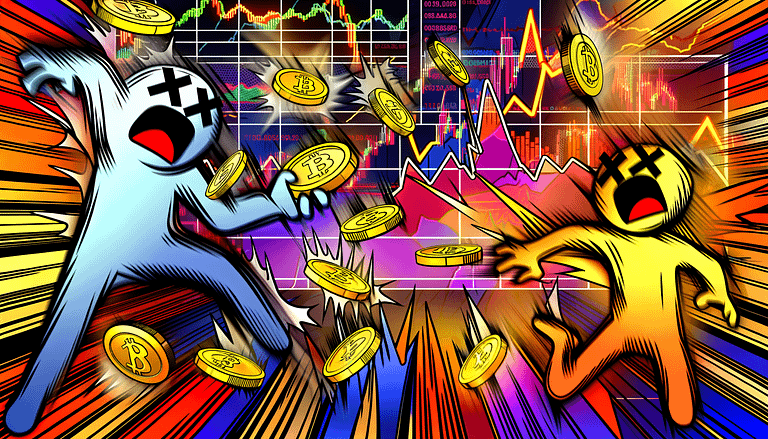SEC Faces Criticism Over Crypto Regulation Inconsistency
In A Nutshell
The recent amendment proposal by the U.S. Securities and Exchange Commission (SEC) to its lawsuit against Binance has sparked a debate within the cryptocurrency industry. Ripple executives have criticized the SEC for inconsistent application of securities designation, particularly concerning tokens such as Solana (SOL) and Cardano (ADA), which were implicated in the Coinbase lawsuit but not in the Binance case. This move by the SEC has been labeled as hypocritical by Ripple CEO Brad Garlinghouse, highlighting the ongoing confusion and lack of clear regulatory guidelines within the crypto industry.
SEC’s Amended Stance on Binance
The SEC recently proposed an amendment to its lawsuit against Binance, retracting the designation of SOL and other tokens as securities, a move not paralleled in the Coinbase lawsuit. This selective retraction has been met with criticism from industry leaders, who see it as further evidence of the SEC’s inconsistent regulatory approach. Despite the SEC’s recent actions, there is no indication that SOL has been officially deemed a non-security, as pointed out by Jake Chervinsky, Chief Legal Officer at Variant Fund. The situation underscores the broader issue of regulatory clarity in the cryptocurrency sector.
Implications for Solana and Cardano
While the SEC’s amendment proposal aims to strengthen its case against Binance, it leaves tokens mentioned in the Coinbase lawsuit, such as Solana and Cardano, in a state of uncertainty. This selective approach to regulation has raised concerns about the potential for uneven enforcement and its impact on the broader cryptocurrency market. The SEC’s actions have prompted significant discussion within the industry, with Ripple’s Chief Legal Officer, Stuart Alderoty, criticizing the SEC for not amending the complaint against tokens cited in the Coinbase lawsuit.
Mixed Reactions Within the Industry
The crypto community has expressed mixed reactions to the SEC’s recent moves. Some, like Tyler Winklevoss, speculate that changes in U.S. politics and regulatory frameworks might be influencing the SEC’s decisions. However, the agency’s shift does not signify a comprehensive change in stance towards all cryptocurrencies, as charges against Binance are not being dropped, and the debate over what constitutes a security remains unresolved.
Our Take
The SEC’s recent actions highlight the ongoing challenges and uncertainties facing the cryptocurrency industry, especially regarding regulatory clarity and the consistent application of securities laws. While the amendment proposal concerning Binance may offer temporary relief for some tokens, the overarching issue of regulatory inconsistencies persists. It is imperative for the SEC to establish clear, consistent guidelines that apply equally across the industry to foster a stable and predictable regulatory environment. Without such clarity, the industry will continue to navigate a fragmented and uncertain landscape, potentially hampering innovation and growth.
As the situation develops, stakeholders within the cryptocurrency sector must remain vigilant and informed, advocating for a regulatory approach that supports the dynamic and evolving nature of digital assets. The future of cryptocurrency regulation remains uncertain, but one thing is clear: the need for transparent, consistent, and fair guidelines has never been more critical.







